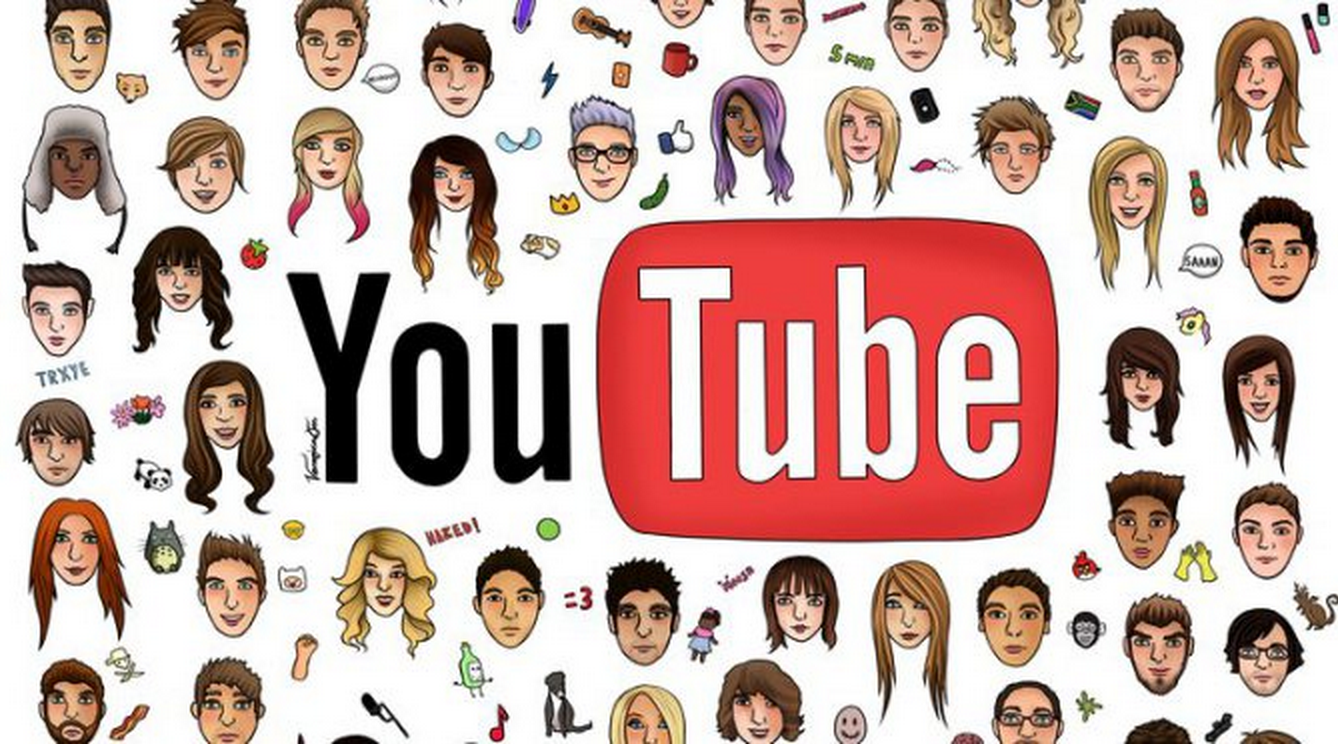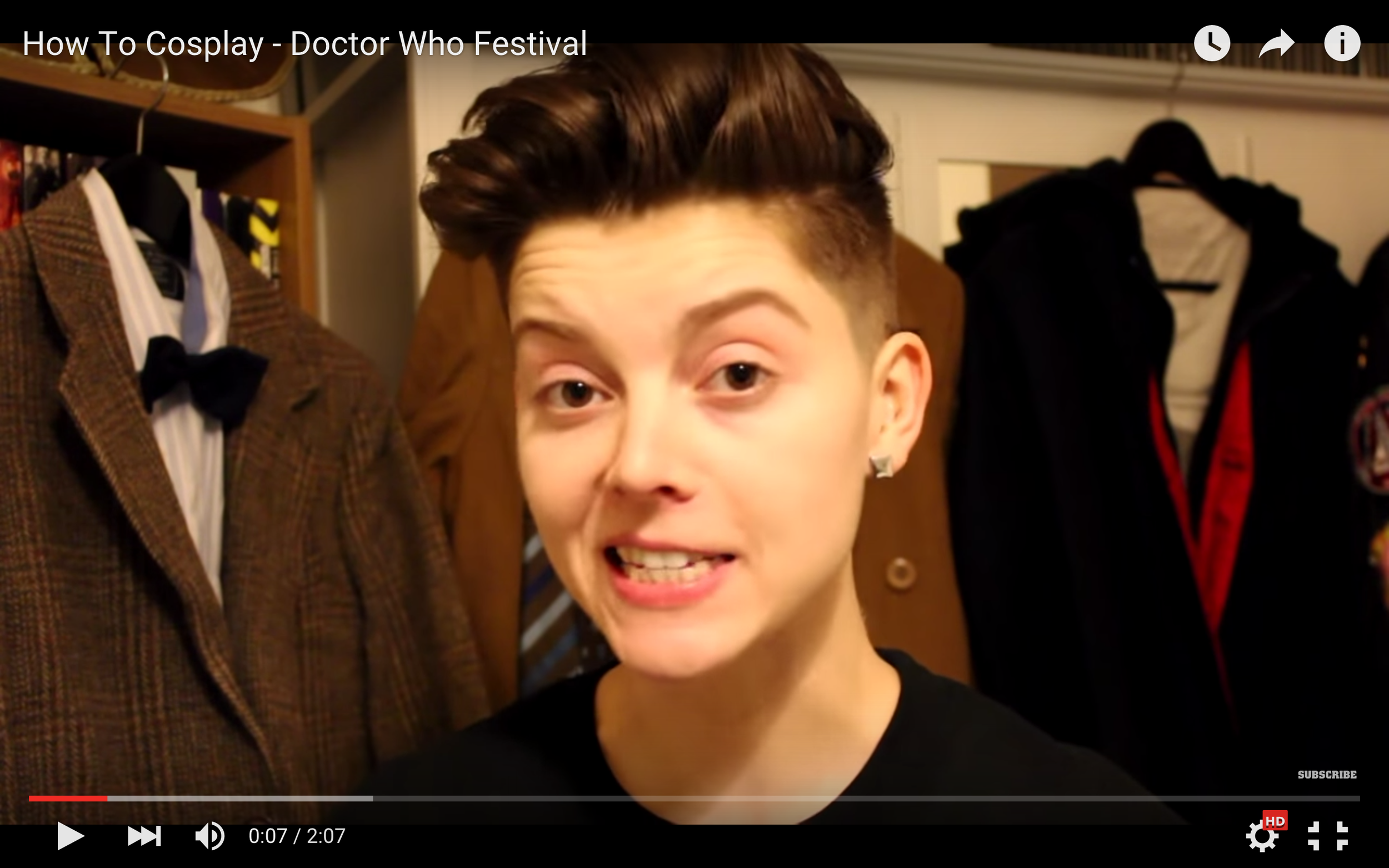Doing Digital Properly: Top Tips From BBC Worldwide's Alex Ayling
 Today, anyone can broadcast through platforms like YouTube. With amateurs producing incredible content, and organisations like Vice creating films specifically for online broadcast, where do traditional broadcasters like the BBC fit in?
Today, anyone can broadcast through platforms like YouTube. With amateurs producing incredible content, and organisations like Vice creating films specifically for online broadcast, where do traditional broadcasters like the BBC fit in?
“When done badly, digital for TV amounts to a Twitter hashtag and crap microsite,” says Alex Ayling, Head of BBC Worldwide Digital Studios, and the man responsible for online elements of the BBC’s most recognisable shows, including Top Gear, Dr Who and Sherlock.
“But it doesn’t need to be like that. With a little planning and awareness, digital can add a huge amount of value to traditional television.”
As an alumnus of Ones To Watch (the Edinburgh TV Festival talent scheme) I was lucky enough to hear Alex speak at an alumni event in London. Here’s a summary of his key points, but follow him on Twitter @alexjayling to get tips directly from the man himself.
Stop Broadcasting, Start Conversing
In the old broadcast model, the viewer has no involvement until transmission, but with digital, they can be involved at every stage.
For Dr Who, Alex and his team created a YouTube channel (Dr Who: The Fan Show) to complement the TV series. A few innovations made it more relevant to online:
- Hired a fan as a researcher for Development (she became the presenter).
- Asked fans to send in ideas for Pre-Production.
- Found (and paid) fan experts to Produce content (such as a Minecraft version of an episode).
- Kept fans updated during Post-Production, using relevant platforms (Twitter, Snapchat & Instagram).
- Asked for comment, interaction and feedback during online Transmission.
- Curated and shared fan content, such as YouTube channels that feature reviews of the show, encouraging conversation.

Storytelling hasn’t changed; Methods of consumption have
Online, the storytelling structure is shifted:
- TV magazine pieces need an intro, middle and ending.
- Online viewers search for a specific topic and select a video based on its Title and Thumbnail.
- That’s the intro done, so jump right into the meat of the story; the video itself is the “middle” requiring no intro.
- The “ending” is the online conversation afterwards, rather than a summary in the video.
Hire (or be) the right people
If digital deliverables are planned from the start, they are quick, cheap and easy to produce. Check out “Move” by STA Travel. All it required was one minute of identical filming each day. But to make that happen, the producers had to know what they wanted and plan locations. Just like regular TV.
Self-contained opportunistic content can work really well. During filming of "The Hunt," a polar bear ate all the crew’s food, but left the Marmite. It made for humorous content that wouldn’t work in the main show, but which connected with viewers and generated lots of PR. Making the most of these opportunities requires someone who is thinking beyond the main show.
Find people who love what you do, and they’ll do your marketing for you. Get them involved at an early stage, so they have a sense of ownership and excitement. Dr Who The Fan Show is a brilliant example of this: enthusiasm and authenticity is essential, but technical skills can be taught.
You don’t need to be an expert at everything to make ephemeral content, just good enough to make it happen: be a “digital Swiss Army Knife” – producer, editor, presenter and researcher.
Be Curious
Use different platforms to reach different audiences, or to have different effects.
- Google Plus is great for special interest and technical fields
- LinkedIn generates massive shares and referrals in finance and professional services
- Snapchat is good for behind-the-scenes updates
- Instagram works better for heavily-posed PR-style updates
- Periscope is good for press and marketing
- Twitch works well for Livestreaming
- Whatsapp data is impossible to track, but results in lots of traffic through referral
- Facebook pages need to be long-life. For documentary series, make it part of a broader “fan page” – such as the BBC Nature series.
Summary
- Stop broadcasting. Start Conversing
- Storytelling hasn’t changed; Methods of consumption have
- Hire (or be) the right people
- Be curious
If you haven’t already, apply for a place on Ones To Watch or The Network; they’re completely free and give you an all-expenses pass to the Edinburgh Television Festival, and access to monthly alumni events, such as the one at which Alex shared his advice. It’s the best thing I’ve done to develop my career in TV.